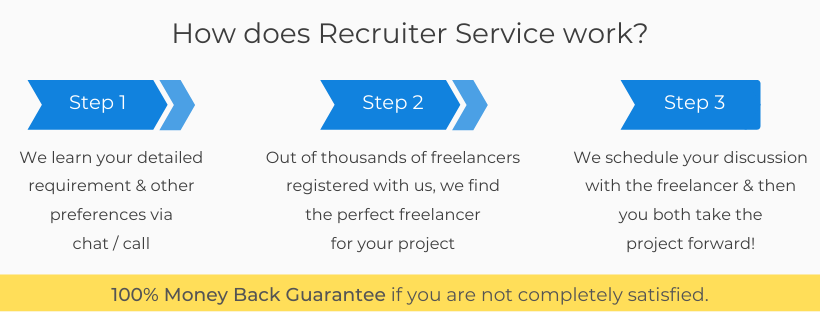
The Gig Economy
According to the Bureau of Labor Statistics (2017), the gig economy employed 55 million workers in the United States, and just recently, based on Gallup (2020), it was revealed that approximately 57.3 million people were employed as independent contractors before the COVID-19 pandemic outbreak. To this date, we can expect from new data that more and more people will certainly make the big shift from traditional work to working freelance full time especially now that many businesses are slowly reopening after the vaccines are being rolled out. For some, the gig economy became a band-aid fix due to the job losses in the labor market at the onset of the virus. For many, they have found a new way of life and living.
Gig workers love the fact that they can work with as many or as few clients as they want. Since they are not fully tied to just one company, they have the unique ability to choose whoever they want to work with and this is something you will not be able to experience in the regular office. They also have the liberty to choose their workload and the gravity of the work they want to do.
The gig economy boasts of many opportunities and this gives the worker the right to cherry-pick the projects he or she finds meaningful. Also, since they will be working remotely, gig workers are spared from distractions in doing their labor like office politics, quick-turned-long meetings, and other noise and nuisances. Daily, they celebrate freedom and independence for as long as they can serve all the deliverables their job requires. Gig workers can also spread their wings and broaden their horizons as they can work on various projects in different fields. This presents an opportunity to be exposed to diverse industries and gain experience and knowledge from each. It really pays to work remotely and if this is the work setup that applies to you, you will know by achieving a work-life balance and have a truly favorable employee experience.
Pitfalls of The Gig Economy
However, the gig economy also comes with a few pitfalls to which many just often turn a blind eye. While regular workers are entitled to company benefits, gig workers, on the other hand, are not. They are the ones who typically fund their own insurance. They are also responsible for paying their self-employment taxes quarterly and arrange them on their own. Not to mention, since they are contract-based, they are also not qualified for company financial assistance programs in case they seek payday loans and the like.
You might also find it difficult to isolate yourself and work independently if you are accustomed to the physical office noise and environment. Some gig workers also have experienced irregularities with client payments. Yes, there can be clients who do not pay right up so you will have to ensure that the company, where you are hired as a gig or remote worker, will take full responsibility for your payroll, despite distance working, so you can be assured you get paid for the hard work you have done. Certainly, from these challenges, you might find that when you are a gig worker, it is as if you are also running your own company. You work, get clients, manage them, bill them and pay your tax and insurance all on your own.
All in all, the gig economy is not for everyone. It is only meant for those independent individuals who love being in their solitude and can perform their roles with or without their leader’s eyes monitoring them. If you are soon starting a freelance job for the first time, you will realize that there are actually more pros than cons to it.


